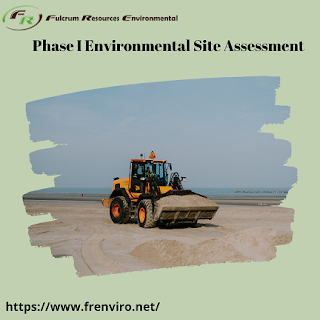First Environmental Assessment Company of Phase I Sites
The phase I environmental site assessment (ESA) forms the basis of any responsible redevelopment project and offers legal protection for environmental liability, which is important for every landowner. The site environmental assessment aims to find contaminants, hazardous substances, or pollutants that may threaten the health of the site environment and public health. By examining historic and contemporary site documentation, a site assessment can help identify potential areas of environmental concern.
Whenever potential site contamination is suspected, the Environmental Protection Agency (EPA) states that a Phase I site environmental assessment should be conducted. In practice, however, it is best to assume that any site may contain hidden contaminants from any stage of its historical commercial or industrial use.
What are the phases of the Phase I Site Environmental Assessment?
Review of environmental and historical documents
Site inspection
Reports of surrounding locations
Meetings with former owners and people with specific knowledge of the area and the site
Each of the above steps can help you uncover important information that affects your site recovery plan. When the Phase I Site Environmental Assessment identifies a Recognized Environmental Condition (REC), then sampling becomes imperative and emerging contaminants are a concern requiring further investigation. This type of follow-up investigation is also referred to as Phase II ESA.
The success of the restoration depends on strong partnerships. If your municipality is undertaking rehabilitation projects, contact Fulcrum's experts to determine when a Phase I site environmental assessment is required. Fulcrum offers the best environmental engineering and financing solutions that can safely and successfully guide you through an environmental assessment of the site. Contact us to learn more about our services or call us at 800-385-7105.




Comments
Post a Comment